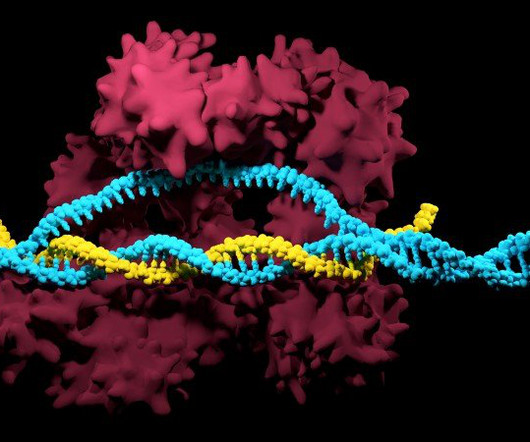New approach successfully traces genomic variants back to genetic disorders
Medical Xpress
JANUARY 5, 2023
National Institutes of Health researchers have published an assessment of 13 studies that took a genotype-first approach to patient care. This approach contrasts with the typical phenotype-first approach to clinical research, which starts with clinical findings.





















Let's personalize your content